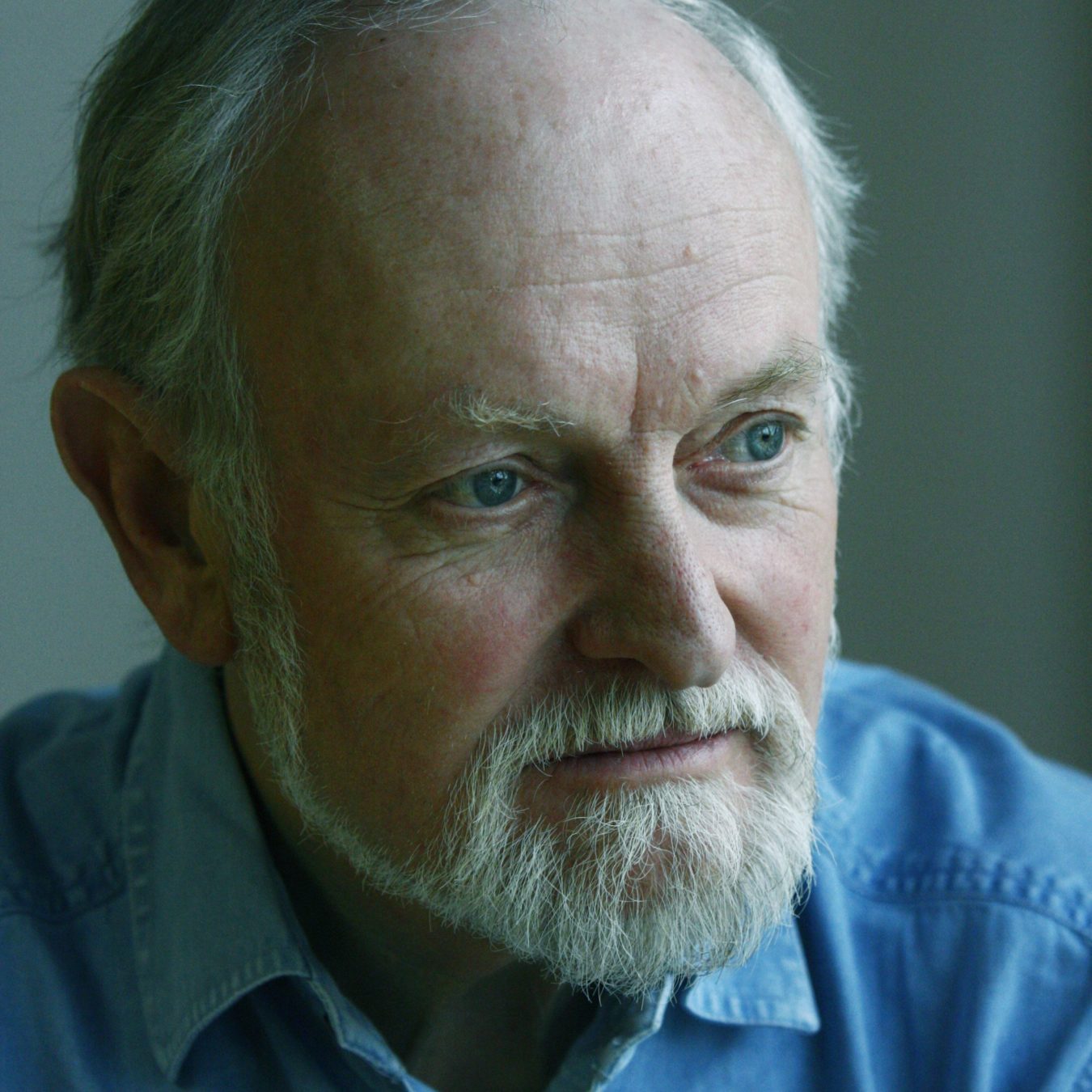
Sir Richard Stilgoe – A Case for Support for the Arts
AFTER CHAOS.
There’s not much point in going through the pain of a pandemic if we don’t learn something from it.
What have we learnt?
We have learnt that Zoom is a wonderful thing up to a point. We have learnt that working from home appeals to people who are well-established in their jobs, get on well with their partners and have space for a home office – but it’s tough on those who have just started work and are trying to make their mark. We have found that innovation shrivels and disappears when people don’t regularly get together in the office round the water-cooler, during coffee breaks or in the pub after work. And we have discovered that far more people are anxious and lonely than we realised. The pandemic – and increased openness about mental health – has allowed that anxiety to manifest itself when previously it stayed below the surface. Chaos has uncovered a generation of genuinely frightened people.
One of the jobs of the arts is to bring order out of chaos. I suspect that you, the reader, like order. It is one of the things that has made you successful. Now that you are successful enough to be able to contribute to society in more interesting ways than just paying your taxes, I guess you want to do it with the same things that created your success – not just order, but imagination and diligence.
The United Kingdom is no longer the great manufacturing nation of the nineteenth and early twentieth centuries, but we are still renowned throughout the world for or innovation and creativity – and it is no coincidence that we also have the most original theatre and arts community in the world. We are still a country full of ideas, and we must make sure that our creative climate flourishes and inspires the world.
Whatever causes you already support, keep at it; but you should give money to the arts as well. Throughout the chaos, arts organisations – which are inherently imaginative and creative – have been finding ways of keeping people sane and together. Choirs, theatre groups, pottery classes, dance clubs, all have somehow stayed in touch with the tribes they create. They deserve support. They keep people well, working and thinking creatively.
Give money to the arts – to those smaller, nimbler, but genuinely life-changing projects that have kept working with disadvantaged or lonely people, re-igniting their self-belief by allowing them to display talents they didn’t know they had.
Give money to the arts – not only to those grand organisations with National or Royal in their names, but to the smaller, experimental organisations that feed their work, and to their education and community programmes that get new and younger people involved in their art forms.
Give money to the arts – because music, story-telling and the imagination sit in a different part of the brain from the part full of work and family problems, and stimulating the creative part of the brain educates and comforts the troubled bits.
Give money to the arts, and especially to music and arts education in schools. Artificial Intelligence is going to threaten the future jobs of millions of young people. Mozart wrote 41 symphonies. Artificial Intelligence could write the 42nd. But it couldn’t have written the first. A.I. will never have a fresh, new idea – only humans with highly developed imaginations can do that, and we must educate those imaginations.
Give money to the arts, because theatre, whether as participant or audience, stimulates debate and gives a platform to fresh or even outrageous views. Generation X is wonderful at embracing difference, but not always wonderful at embracing different ideas.
Give money to the arts, because they give us a glimpse of something above the merely human, and bring hope for the future.
Give money to the arts, and go and watch the results. You’ll enjoy it more than any other money you give away.
Give money to the arts. Restore the nation’s creative juices, keep the UK at the top of the innovation tree, and make the well of loneliness run dry.
Richard Stilgoe
March 2022

